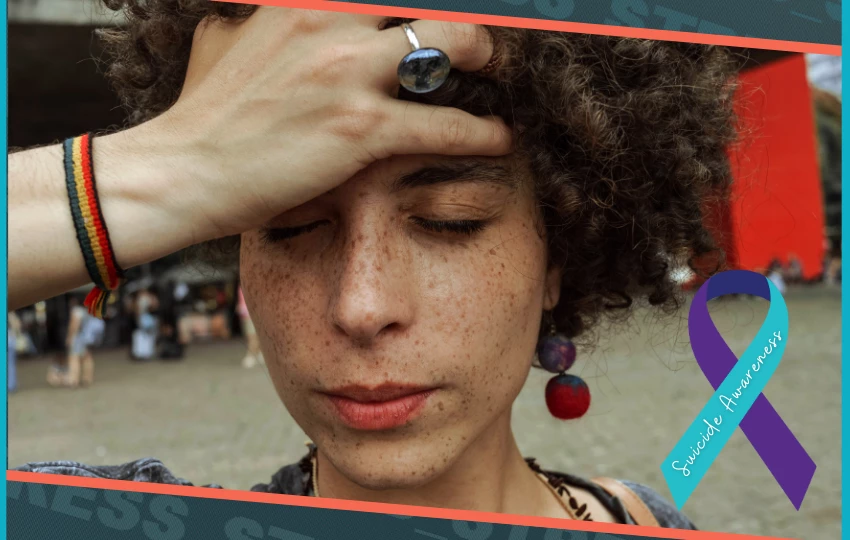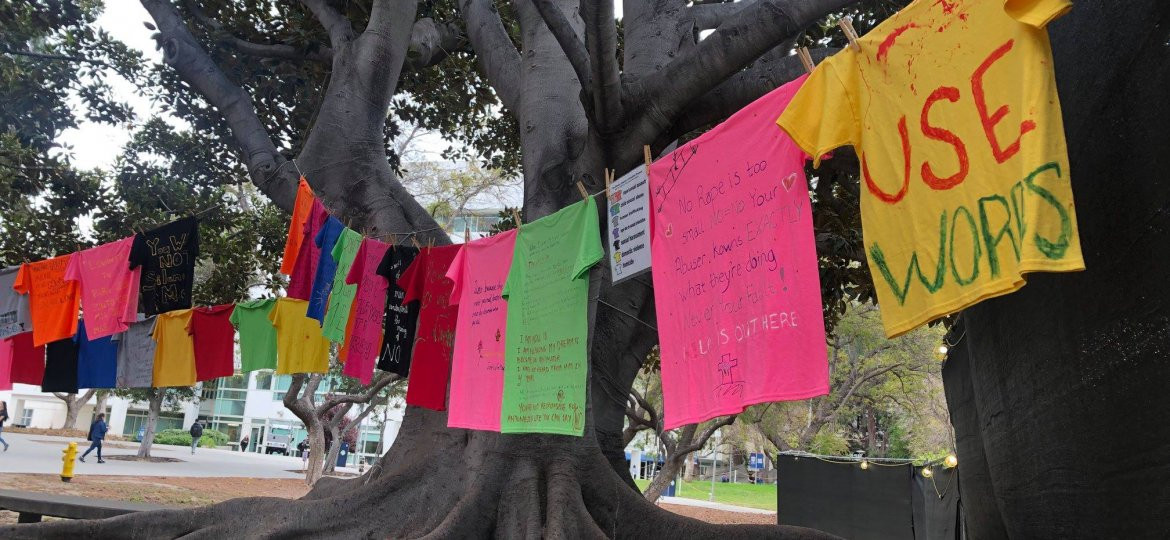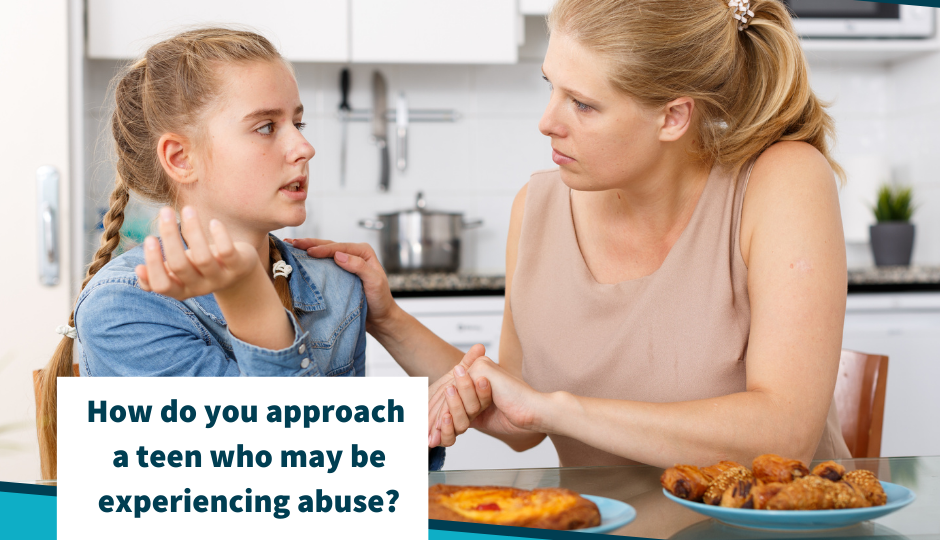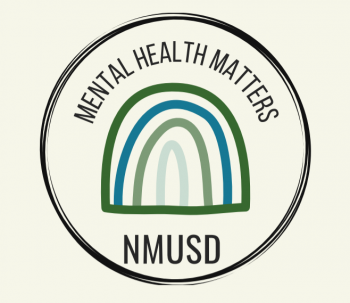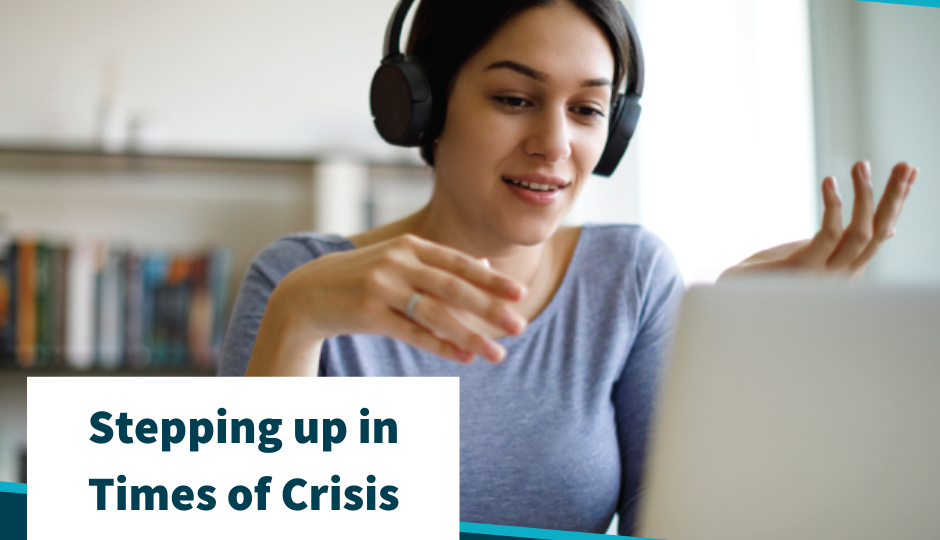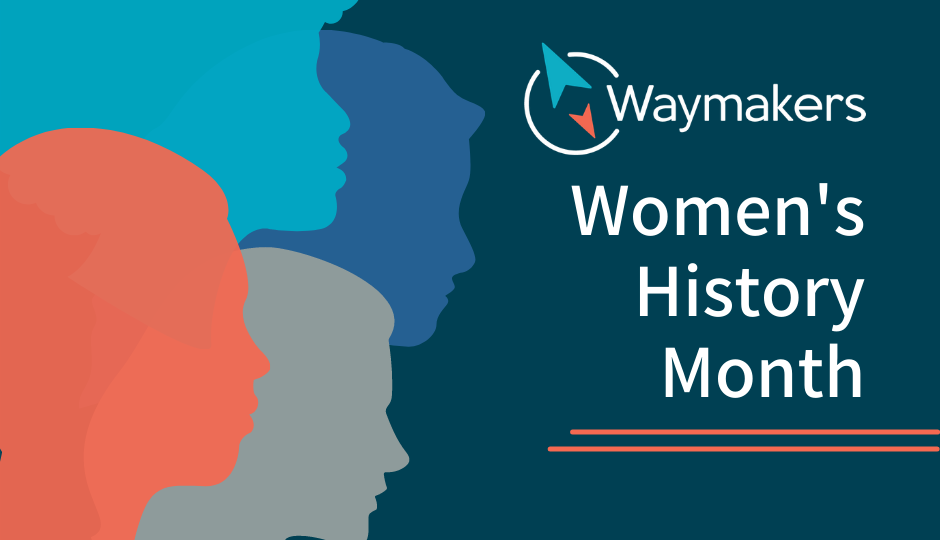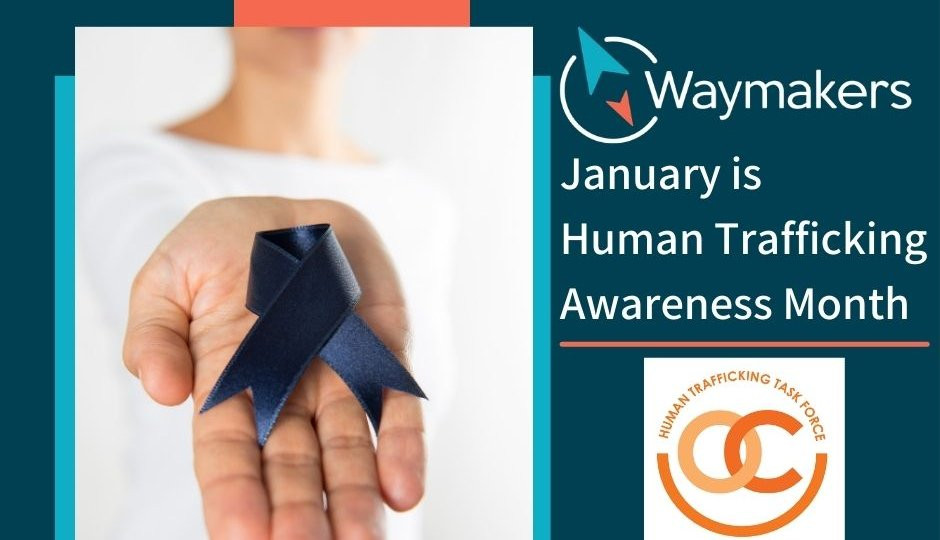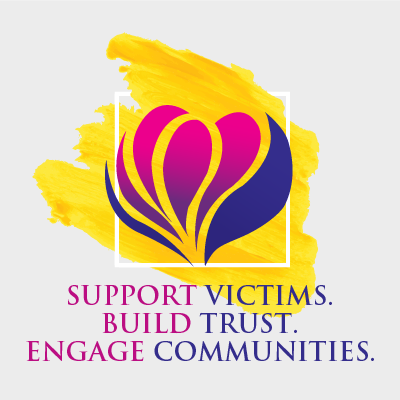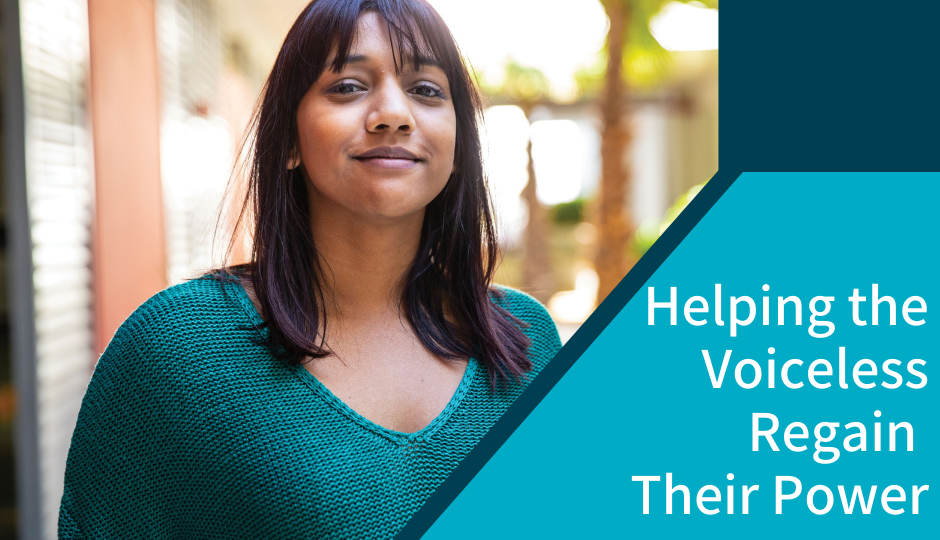We live in unprecedented times and life, as we knew it, has changed. Everyone is carrying an extra measure of burdens whether it’s in work life and home life, financial struggles, physical and emotional challenges, isolation, calls for justice, and a myriad of other concerns.
According to the Centers for Disease Control and Prevention (CDC) in June 2020 40.9% of individuals contacted reported at least one adverse mental or behavioral health condition. There are considerably elevated adverse mental health conditions associated with COVID-19 alone. The percentage of respondents who reported having seriously considered suicide in the 30 days before completing the survey was 10.7%. The percentage was significantly higher among respondents aged 18–24 years (25.5%), minority racial/ethnic groups (Hispanic respondents [18.6%], non-Hispanic black respondents [15.1%]), caregivers (30.7%), and essential workers (21.7%).
September was Suicide Prevention Awareness Month and according to the CDC deaths from suicides and drug overdoses currently exceed deaths due to the COVID-19 virus. This is alarming and very telling of how vital mental health is to address. It’s more important than ever to learn about resources to shed light on this critical issue and ensure that individuals, friends, families and our neighbors have access to the resources they need to discuss suicide prevention.
Early detection of warning signs can lead to professional help and mental health treatment and can even save a life. According to the American Foundation for Suicide Prevention , many people who take their lives show one or more of the following suicide warning signs:
- Talks about killing themselves, feeling hopeless, having no reason to live, being a burden, feeling trapped, unbearable pain.
- Increased use of alcohol or drugs
- Searching online for methods to end their life
- Withdrawing from activities
- Isolation from family and friends
- Sleeping too much or too little
- Visits or calls to say goodbye
- Giving away prized possessions
- Aggression and/or fatigue
- Mood changes like depression, anxiety, irritability, shame, agitation, or sudden relief
Mental health problems are common but there are ways to cope with stress and promote wellbeing. While it’s a stellar first step to educate yourself on these signs and keep them in mind—both for yourself and for loved ones—there are also simple things you can do to safeguard your own mental health, deepen wellness, reduce stress, and find that well-being and resilience in tough times. Click here for a few simple activities that may be helpful to keep your mind, body, and soul at ease during stressful seasons.
Professional care is also one of the best ways to begin talking about your feelings and brainstorming the best way to cope and carry on—one day at a time.
If you or someone you know needs connection, reach out to seek help immediately. Confidential and free help is available at the National Suicide Prevention Lifeline, 1-800-273-8255. In Orange County, immediate assistance is also available from trained specialists by dialing 2-1-1, which provides access to needed assistance using their database of mental health providers and other local resources. Waymakers works to strengthen and support at-risk youth and their families by intervening during times of crisis. We provide support through our Youth Shelters in Huntington Beach, Laguna Beach and Tustin. Call 949-250-0488 for more information.
You are not alone and the more you connect, the more you will realize we WILL get through this!
